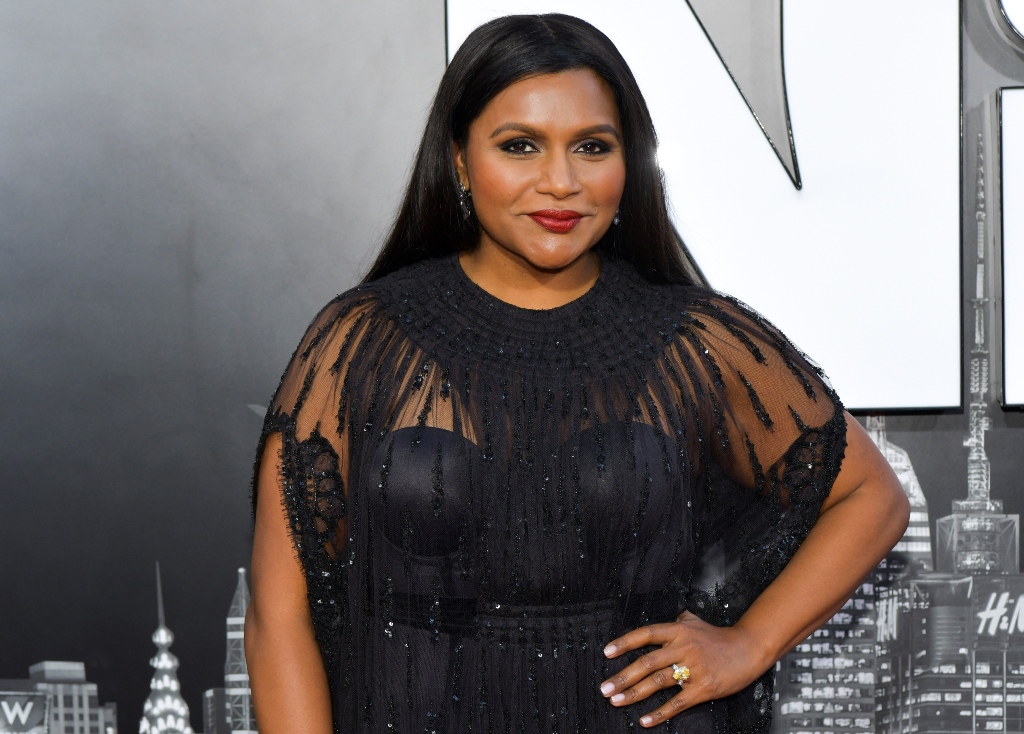The Influencer Callout No One Asked For



Instagram influencers are the easiest sub-set of “celebrities” to sh-t on because no one will ever stick up for an influencer. They are universally ridiculed and dismissed. So what am I doing here?
Amanda Seyfried posted two things about an influencer (who I’ll get to in a second). The first is a screenshot of a comment Amanda’s friend (unidentified) left on the influencer’s bikini selfie, and the second is a selfie Amanda took. Please read both captions.
View this post on Instagram
A post shared by Amanda Seyfried (@mingey) on Jul 9, 2019 at 6:36pm PDT
View this post on Instagram
A post shared by Amanda Seyfried (@mingey) on Jul 9, 2019 at 8:03pm PDT
The initial comment from Amanda’s friend is pretty condescending and body shaming, (“Honeychild, you are glorifying an unhealthy body image” and “young girls don’t need any more images of emaciated women”). It also does that thing where people tell other people to worry about “real things,” like kids in cages. I don’t follow this influencer, don’t know her politics, I have no idea what keeps her up at night. I’m fairly certain she does not have the power to change federal amnesty policies in detention centers.
(I’m choosing not to identify the influencer because she hasn’t posted about it and seemingly wants to be left out of the conversation – lots of commenters on Amanda’s post are revealing who it is, and a few have called out Amanda for putting this woman on blast. Amanda’s defence is that she didn’t reveal her name so it’s not her fault this woman was identified.)
Amanda taking the time to repost this comment while celebrating her own attempt to “open up the discussion” after this woman blocked her (and her friend) is disingenuous. You cannot open up the conversation with someone who has blocked you – they blocked you because they don’t want to talk to you!
Amanda and her friend are projecting some serious sh-t onto this person, about body image and what is expected of women in the public eye (“If we’re ready to get paid for flaunting our lifestyle (and inspiring some in the meantime) we have to be open to the discussions surrounding what we’re promoting.”) By trying to force this conversation, Amanda is imposing her views/morals/beliefs onto someone who does not want to engage with her.
Amanda may not realize this because she’s been a celebrity for a long time, but she is not owed a conversation with or explanation from this person. And if we are going to talk about body image and influence, then let’s talk about actresses. Amanda has covered magazines and she walks red carpets. If we are talking about responsibility, does Amanda have a responsibility to tell us how many pieces of hair she uses on a red carpet or what kind of facial treatments she gets before an awards show or how often she works out with a trainer so that she looks her version of her best in a couture gown? Who gets to decide what is worthy of a callout and what shouldn’t be talked about?
Actresses like Amanda are far more influential than any influencer; of course there is the argument they too are forced to maintain a beauty standard they didn’t create – a fair point. But would Amanda use an InStyle cover with a famous actress (like Emma Stone or Blake Lively) in this way? Doubtful. This influencer will never be a threat to Amanda’s status; she will never run into her at the Golden Globes or go up against her for a role. It’s easy for Amanda to target her with the guise of “starting conversations” and “I think you’re so much better than this” while also telling her she glorifies “adolescent female form.” Why would anyone be open to a comment that is clearly meant to malign them right from the start?
The way bodies are talked about on public platforms has changed drastically in the last 10 years or so - when I first started writing as a job, “body shaming” was not a thing. Amanda Seyfried came up at a time before we collectively acknowledged how harmful it was to write that an actress should “eat a sandwich” or dissect a postpartum body. We are still talking about women’s bodies, constantly. Outlets are still writing headlines about how Adele looks “different” after her divorce or proclaiming someone to be “goals” for belfie (that’s a butt selfie). The language has evolved (partly because of the wellness industrial complex) so that these conversations may seem more healthy on the surface, but we all, on some level, need to continue to recalibrate and relearn what a “good body” means. So how is Amanda, who herself is part of an industry that has been so physical-focused recalibrating and relearning herself to be a part of forwarding the conversation in a meaningful way?

